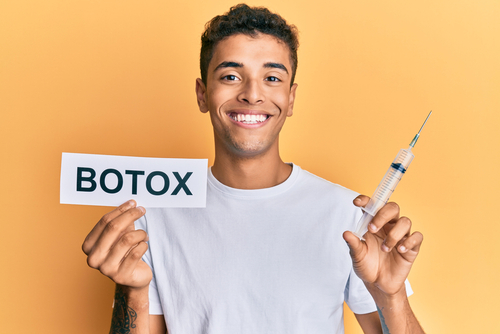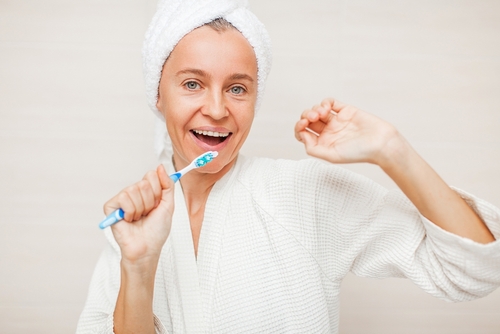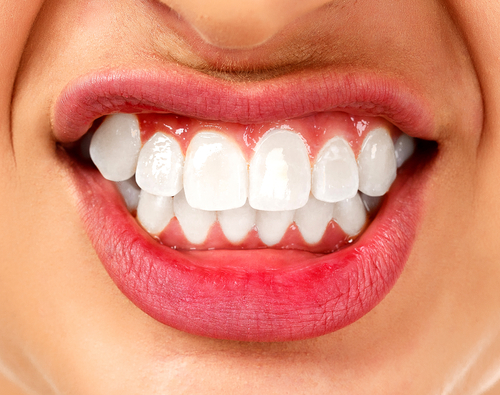We all know that Botox has been used for many years to make wrinkles disappear, particularly on the face. However, Botox is also being utilized frequently now for a different reason: to stop jaw clenching and teeth grinding.
Bruxism is the medical and dental term for the involuntary movement of jaw muscles at night that results in teeth grinding. No one truly knows why some people develop this condition, although alcohol use, sleep apnea, and stress make this problem worse.
Since the pandemic and its associated and lingering stress, dentists have been reporting more patients in their offices with chipped and cracked teeth. Many of these same patients also complain of jaw pain, jaw soreness, and severe headaches upon awakening.
When cutting down alcohol intake and stress reduction techniques don’t work, dentists frequently prescribe mouth guards, which unfortunately only work in mild cases. At Maine Laser Skin Care, we have received reports of severe bruxism patients who actually grind down their mouth guards.
 Enter the use of Botox. Studies dating back to the 1990s have shown that injections of Botox into the masseter, or jaw muscle, can decrease the intensity and frequency of teeth grinding. Although Botox has not yet been FDA approved specifically for bruxism, it is considered an effective off-label and legitimate treatment.
Enter the use of Botox. Studies dating back to the 1990s have shown that injections of Botox into the masseter, or jaw muscle, can decrease the intensity and frequency of teeth grinding. Although Botox has not yet been FDA approved specifically for bruxism, it is considered an effective off-label and legitimate treatment.
Studies have also shown decreases in jaw pain levels that last for 3-4 months after Botox injections. An additional cosmetic benefit is that the masseter muscle, which becomes enlarged with bruxism, becomes slimmer, giving the lower face a less boxy and more tapered look.
A downside of Botox for some is that these injections are not covered by medical or dental insurance. As with any injection, there is a quick pain of the tiny needle and rare bruising at the injection site.
 At Maine Laser Skin Care, we receive calls regularly about the use of Botox for teeth grinding. We also receive referrals from both local dentists and their frustrated patients who want treatment for this difficult problem. While Botox is not a cure or a permanent solution, it has helped many people to live a more normal life with less pain and damage to their teeth.
At Maine Laser Skin Care, we receive calls regularly about the use of Botox for teeth grinding. We also receive referrals from both local dentists and their frustrated patients who want treatment for this difficult problem. While Botox is not a cure or a permanent solution, it has helped many people to live a more normal life with less pain and damage to their teeth.
If you have any questions about the use of Botox for teeth grinding, don’t hesitate to call either our Augusta or Scarborough office. We are one of the first medical spas in Maine, and have an enormous amount of experience in treating this frustrating condition.

